You are viewing a clip of this video, click to Join. Members, click to Log in.
|
|
||||
When you sign up for Storylogue, you will also enjoy:
Can you explain the core event and the core emotion in the epic?
Aug 24, 2014
What is the purpose of jumping back and forth between multiple storylines within a feature film or TV episode?
Aug 17, 2014
What characterizes a sado-masochistic relationship?
Aug 16, 2014
Do you have any tips for writing a treatment that really sells?
Aug 10, 2014
How does writing an episode for a procedural crime show differ from writing a feature film thriller?
Jul 31, 2014
What's the best way to pitch a new story for television? Should I prepare a full script?
Jul 29, 2014
Do I have to be able to tell a story well verbally in order to be a good storyteller in my writing?
Jul 28, 2014
 Now Playing
Now Playing
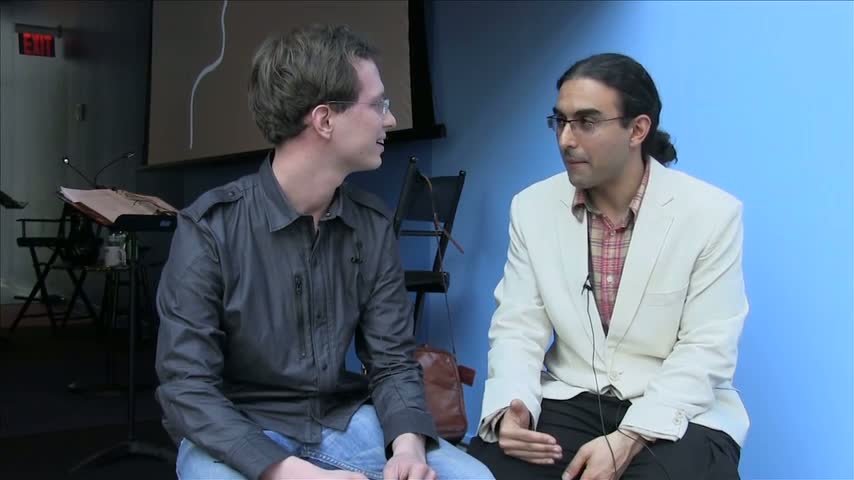
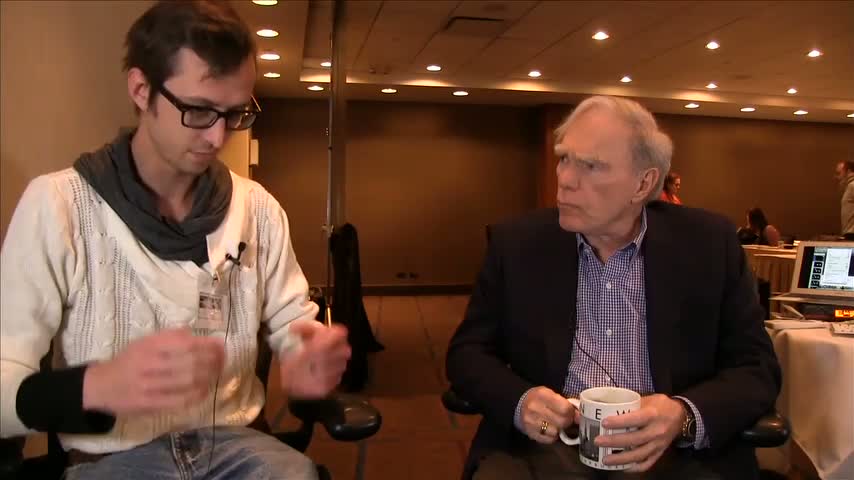
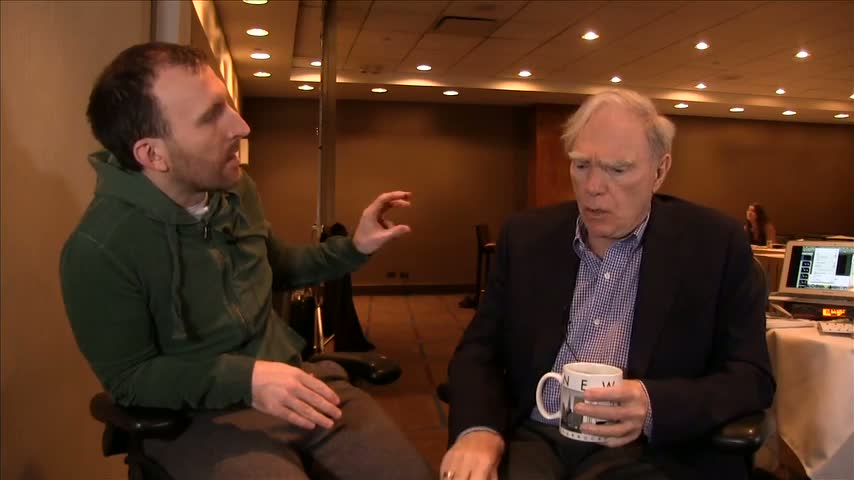
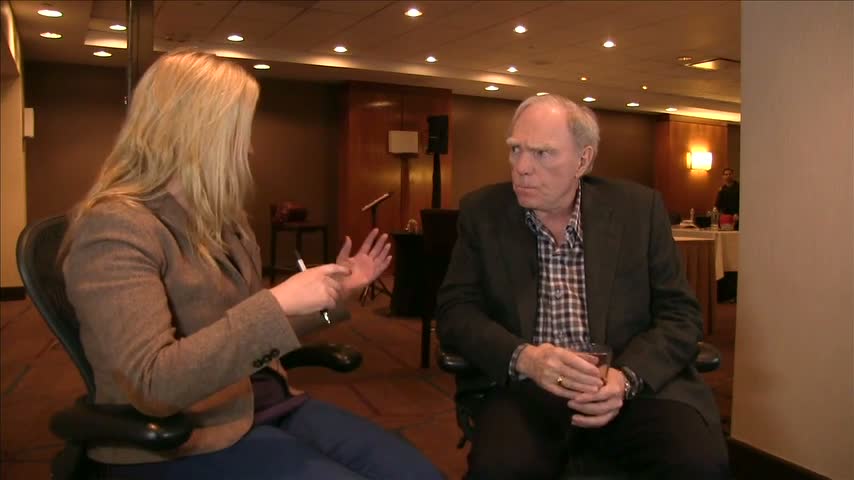
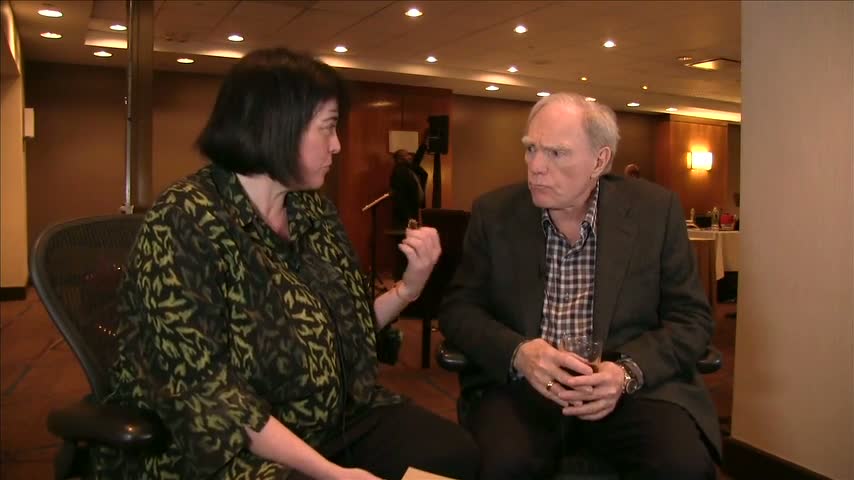
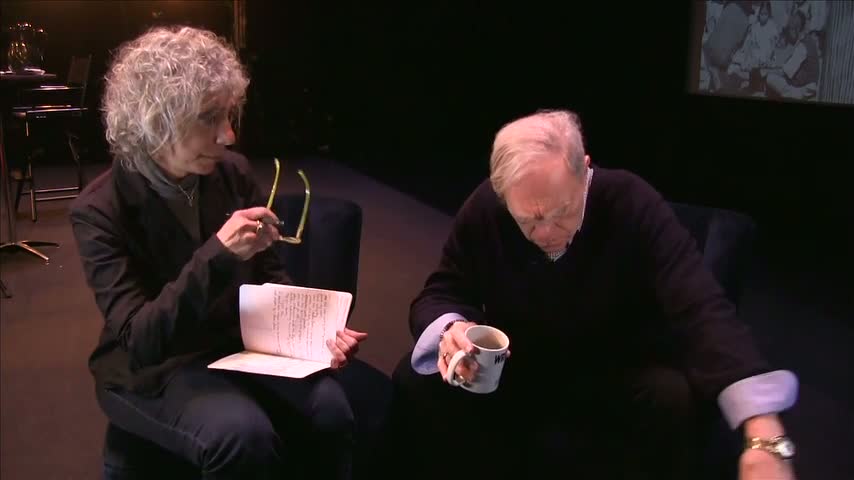
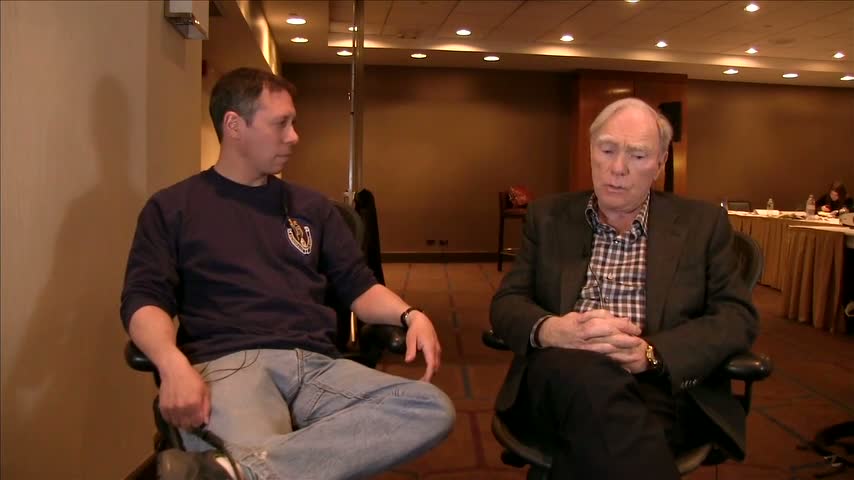
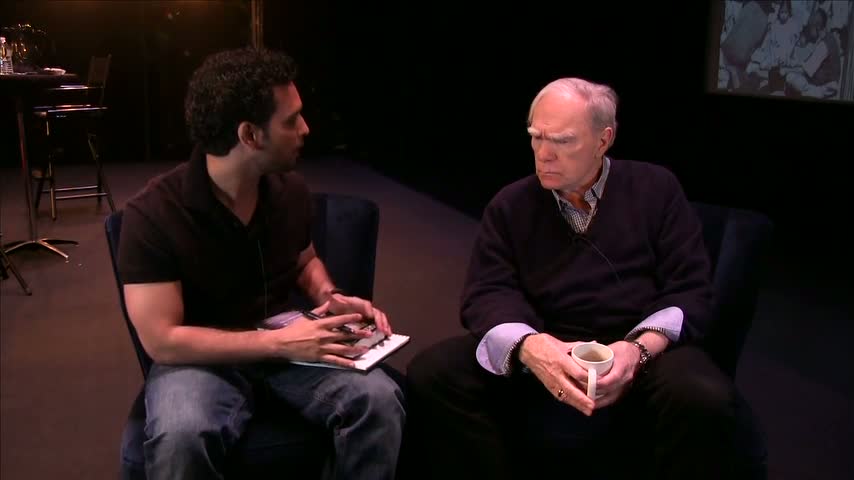
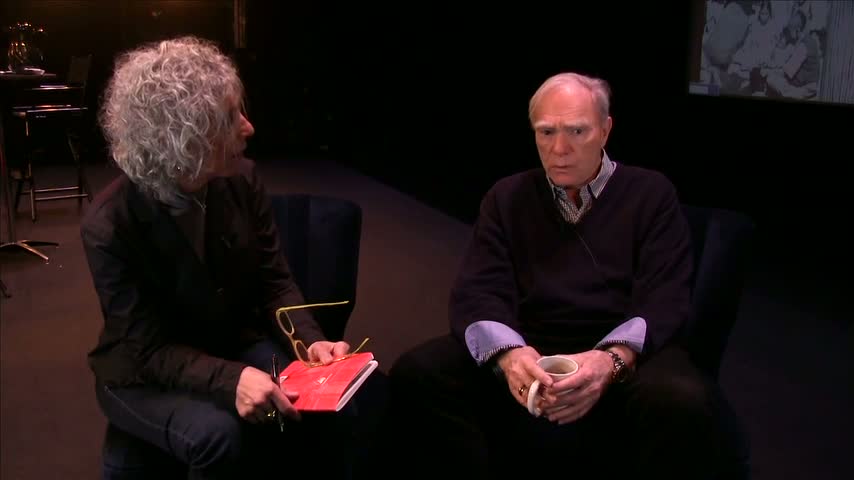
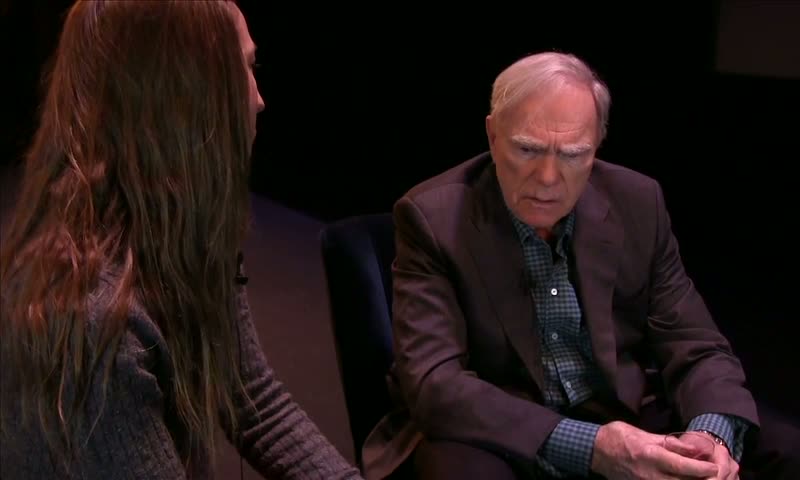
 Requires
Requires
Let me pose this question: If one wanted to write a "mind fuck," what would you recommend in how to accomplish a really good one? I mean, you have to admit, that is such a great feeling when you're like "oh fuck!? Samuel L. Jackson was the bad guy the whole movie?" or "Oh man!? You mean the guy's brain was in a vat the whole time?!"
Worst mind fuck ever though: the 1800's villagers were actually living in a wild life preserve in present, modern times. And the monsters weren't real. Terrible, terrible mind fuck.
For years, when I would read that section on a turning point in a climax, I would always think "Oh yea, like Bruce Willis in The Sixth Sense." I was ready to argue this to the mats-- but then when he said the insight is into the filmmaker's technique, his strategty in withholding the fact, that made me think. On the DVD of The Sixth Sense, M. Night Shyamalan has a "clues" section where he tells you about the clues.
I can see what Mckee is talking about now. But still, I would like to have talked to him RIGHT after he saw it.